Professor Jeff Tseng
Professor of Physics and Tutorial Fellow
Jeff Tseng is a Professor of Physics and Tutorial Fellow at St Edmund Hall.
It’s one of the best times to be an experimental particle physicist. We have a wildly successful Standard Model, but we are now exploring the areas where it doesn’t quite work. One of the longest standing issues is the uneasy peace between the Standard Model and neutrinos which have a small albeit non-zero mass. Although I spent many years with particle collider experiments such as CDF, at the Fermilab Tevatron, and ATLAS, at CERN’s LHC, my recent research has been with the SNO+ experiment at SNOLAB. The primary goal of SNO+ is to look for neutrino-less double beta decay, a rare nuclear decay which goes right to the heart of the neutrino mass problem.
I also work on what neutrino observations can tell us about core-collapse supernovae, one of the most violent explosions in the universe. 99% of the explosion energy is released in the form of neutrinos, but because neutrinos have such weak interactions with other matter, SNO+ may see a burst of a few hundred – if the supernova occurs in the galaxy. For the same reason, however, neutrinos can give us a glimpse of into the inner reaches of the explosion, and possibly even into the formation of a black hole. In addition to co-convening the astrophysics/supernova/exotics neutrino working group on SNO+, I co-lead the “pointing” task group of the Supernova Neutrino Early Warning System (SNEWS), a world-wide network of neutrino and dark matter observatories which aims to detect the early burst of neutrinos which are expected to arrive up to a few hours before the light itself.
Core-collapse supernovae are rare events, however – the last “galactic” supernova occurred in 1987, and then in a companion galaxy called the Large Magellanic Cloud – so I’m also looking into supernovae outside the galaxy using the Vera Rubin Observatory’s LSST, for which I am currently helping write software to monitor the telescope’s camera.
Where next?
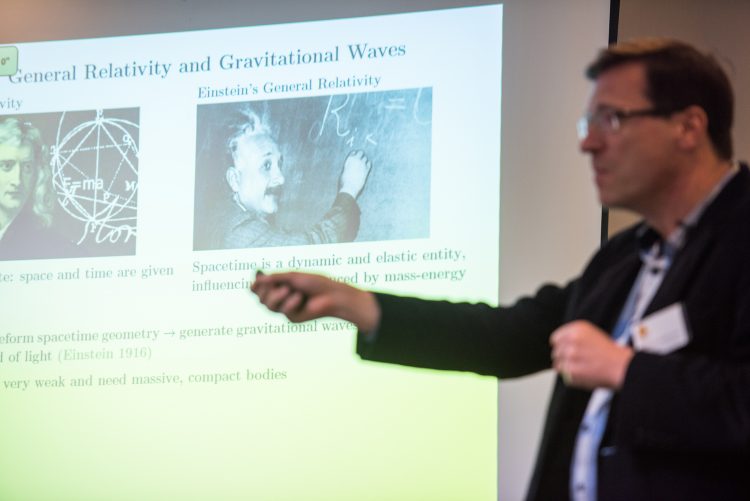
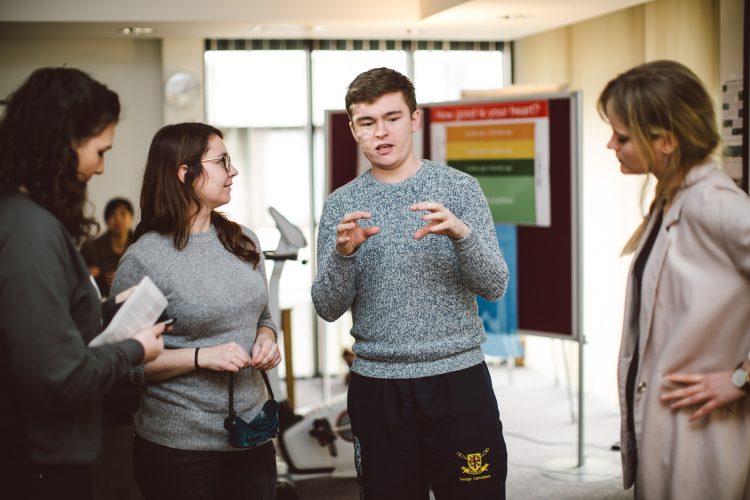
Physics & Philosophy
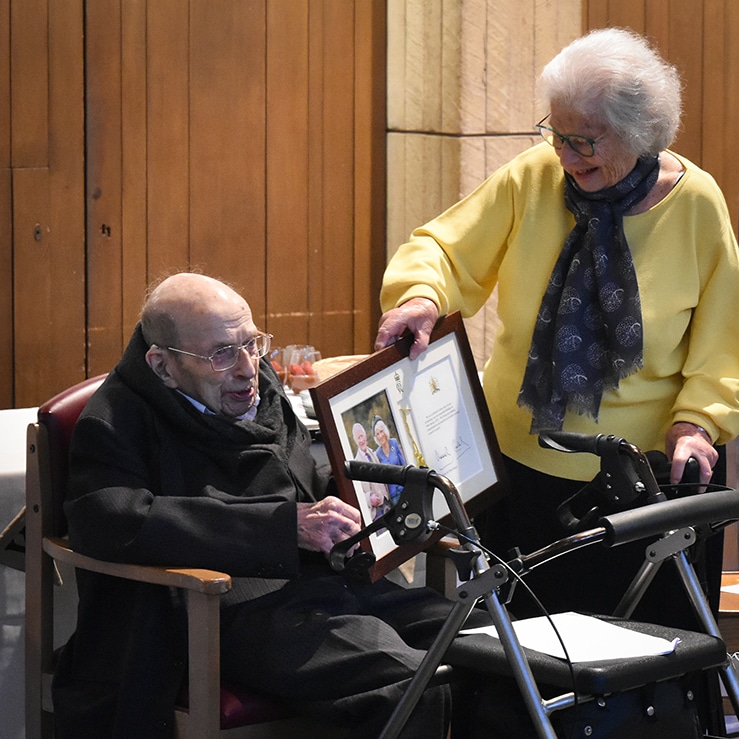
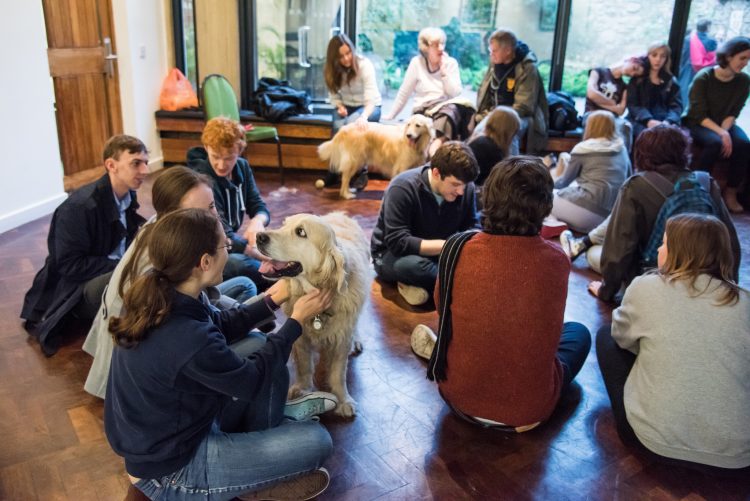
Health and Welfare (current students)
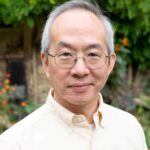
Professor Jeff Tseng
MA (MA, PhD Johns Hopkins)
- Professor of Physics and Tutorial Fellow
- Governing Body Fellow
- Chapel-Overseeing Fellow